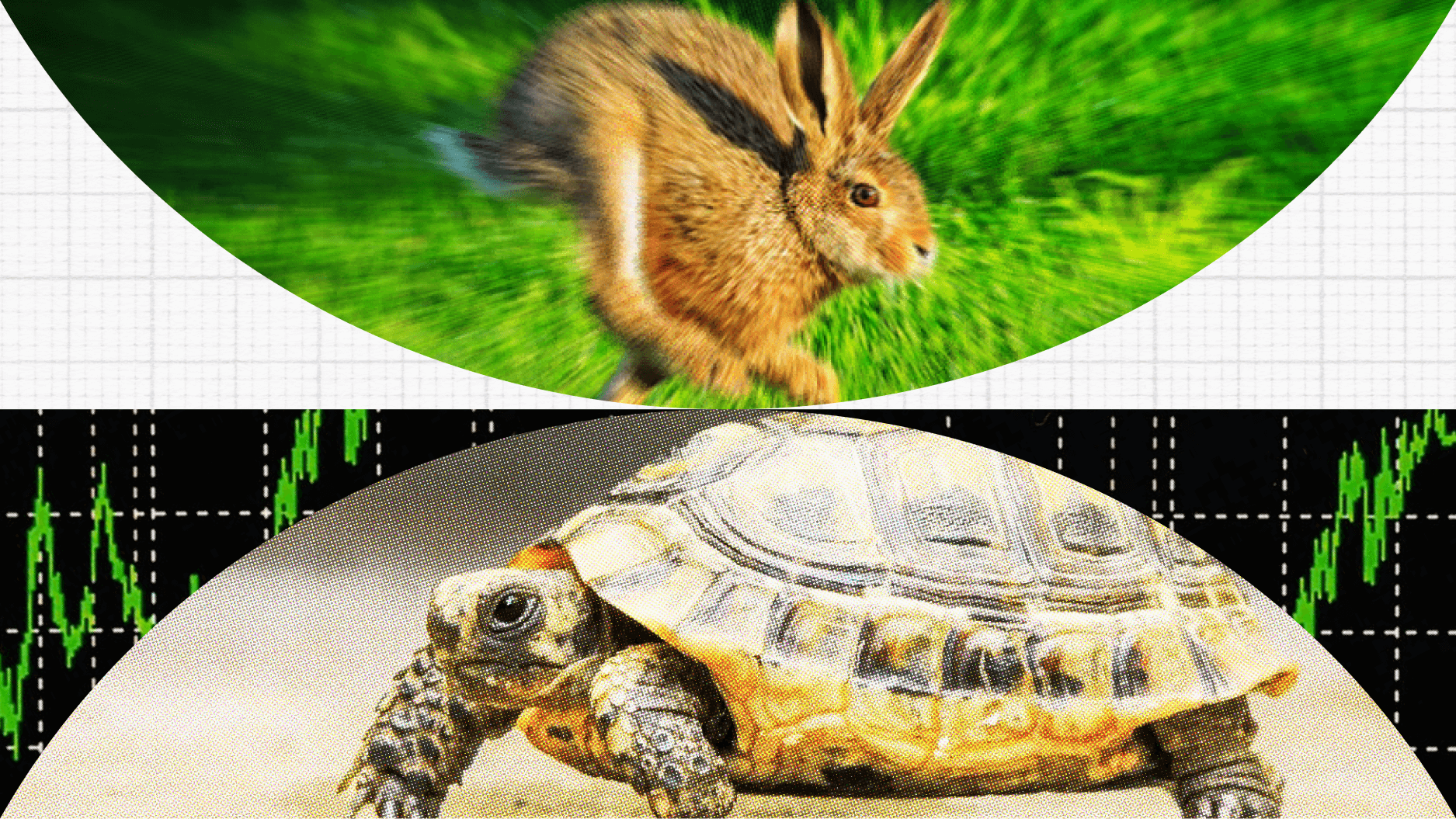High-IQ people tend to choke under pressure. Here’s how to avoid that.

- A recent study examined how goal-setting interacts with performance among people of varying intellectual capabilities.
- People with higher general mental abilities appear to perform worse when being directly measured along the lines of performance.
- Interestingly, these individuals’ performance greatly improves when they were encouraged to simply do their best.
Smart people are more likely to choke in high-pressure situations, but interestingly this disadvantage seems to vanish when goals are framed strategically.
That’s the takeaway of a study recently published in the Journal of Applied Psychology. It suggests an ironic reason for why people with high general mental ability (GMA) often become mentally overwhelmed in complex, dynamic working environments: Their strong mental capacity leaves them vulnerable to performance anxieties and intrusive thoughts.
The researchers hypothesized that reframing goals for these individuals might change performance. To test that idea, they asked 261 undergraduate business students to participate in a stock market experiment. Each student was placed in one of three groups, each oriented toward a different type of goal: Performance, learning, or do-your-best.
The researchers measured each student’s GMA and told them they’d have to estimate the value of a set of stocks using a few financial indicators provided to them. At first, the students weren’t sure how the measures related to the stock prices, but after each guess they were shown the correct price, and how closely the given indicators predicted that price. As the day went on, the researchers quietly manipulated the experiment in the same ways across all three groups to test how participants adapted. The researchers added:
- Dynamic complexity by changing which financial indicators best predicted the stock prices.
- Component complexity by adding more financial indicators to the mix.
- Coordinator complexity by making all of the indicators equally predictive of the stock price.

The results showed that high-GMA participants performed at about the same level as low-GMA students when the goal was to measure performance. But when high-GMA people were simply trying to do their best, they noticeably outperformed those in the low-GMA category.
Interestingly, this suggests that the type of goal-setting strategy that’d work best for you depends on your general mental ability: If you score on the lower end, you may want to focus on setting goals with specific performance measures in mind. On the higher end, those who score higher might pick strategies that de-emphasize performance altogether, therefore minimizing pressure.
The third strategy that also seemed advantageous for high-GMA participants was to set learning goals, which involves coming up with various ways to solve problems — placing the focus on the process and not the outcome.
The ‘fixed mindset’ problem
Although it wasn’t directly measured by the recent study, it’s worth noting a similar phenomenon: Smart people who develop a “fixed mindset” in which they believe qualities like skill and intelligence are fixed traits, have a hard time — practically and emotionally — engaging in activities they’re not instantly good at. Stanford University psychologist Carol S. Dweck writes about this at length in her book “Mindset: The New Psychology of Success”.





